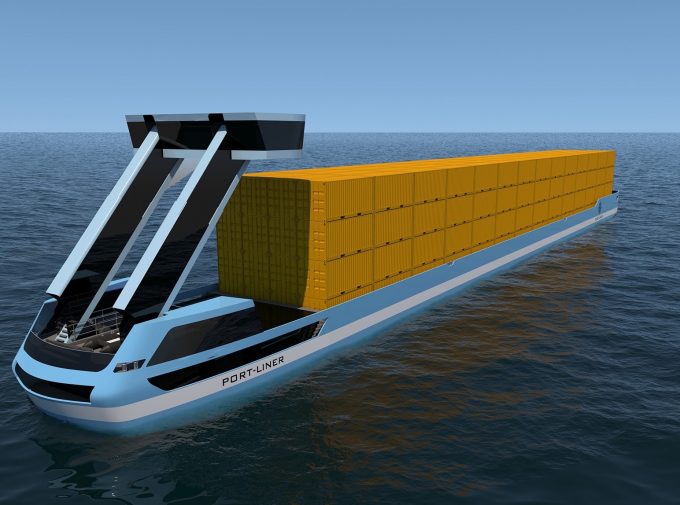Maersk skips call at Rotterdam as labour issues bring delay
Labour unrest at the port of Rotterdam has exposed long-standing issues and diminishing hopes of ...

Port-Liner is to roll-out the first fully electric, emission-free barges in Europe.
Amsterdam, Antwerp, and Rotterdam ports will host the new vessels, capable of handling 24-280 20ft containers, from August.
The launch follows a sizeable investment in the technology by the European Union
A spokesperson for Port of Antwerp confirmed to The Loadstar it had added €200,000 to the EU €7m subsidy as part of a wider initiative to improve port efficiency.
Operators in Antwerp are expecting five of the new barges in August, with six larger ...
Trump tariffs see hundreds of cancelled container bookings a day from Asia
'Disastrous' DSV-Schenker merger would 'disrupt European haulage market'
'To ship or not to ship', the question for US importers amid tariff uncertainty
'Chaos after chaos' coming from de minimis changes and more tariffs
List of blanked transpac sailings grows as trade war heats up and demand cools
EC approves DSV takeover of DB Schenker
Shippers in Asia restart ocean shipment bookings – but not from China
Forto 'sharpens commercial priorities' as it lays off one-third of staff
India withdraws access for Bangladesh transhipments, in 'very harmful' decision
'Tariff hell' leaves industries in limbo – 'not a great environment to plan'
IndiGo fleet expansion plan will include a major push to boost cargo volumes
Pre-tariff rush of goods from US to China sees air rates soar, but not for long

Comment on this article